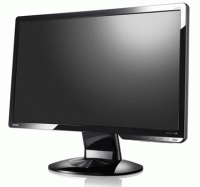the thing that makes a big difference in your case is the speeds of the drives and the connection speeds, also the size of the files your copying.
so for example if the drive you have the file being copied from is only capably of 100MB/s read speeds, and the 5 drives your pasting the file to are capable of 50MB/s write speeds and the connections used to connect those devices are capable of transferring the data at 50MB/s, 5x50 = 250MB/s so to have the transfer not cause a freeze/slow down the original drive where the copied file is located would really need to have read speeds of over 250MB/s.
so that's just for the copying of your file to multi devices, then you also want data recovery software running on a device, which itself will depend on what drive your reading and writing to, if your writing to the drive that has the original file on then this is also going to slow things down massively because besides trying to supply 2 and 1/2 times more data than it is capable of reading, it now also has to find time to write data to that drive.
your problems aren't with your current pc/cpu or ram amount in my opinion, your problems and freezes stem from not fully understanding the bandwidths and speeds of your drives and connected devices, and what the pc is actually doing, so for example you may find all your problems are solved just by putting in a very fast ssd drive to hold the original files that need to be copied.
i believe the best solution for you is to sit down and try and work out what data bandwidth/speed your likely to need and then try and build a system capable of supply it, usually in any pc the thing that most slows it down is not the cpu or ram but the hard drives.
the fastest drives today are m2 or pci-e ssd's which i believe can read data around the 1400MB/s mark, so to be safe say you worked out you had 3xusb2 devices and 2xusb3 devices connected for a total of five devices requiring a max of 400MB/s write speeds then you'd find you'd have no slowdowns or freezes using the m2 drive as the file source drive.

Edited by terry1966, 18 October 2015 - 10:59 AM.
















 Sign In
Sign In Create Account
Create Account

